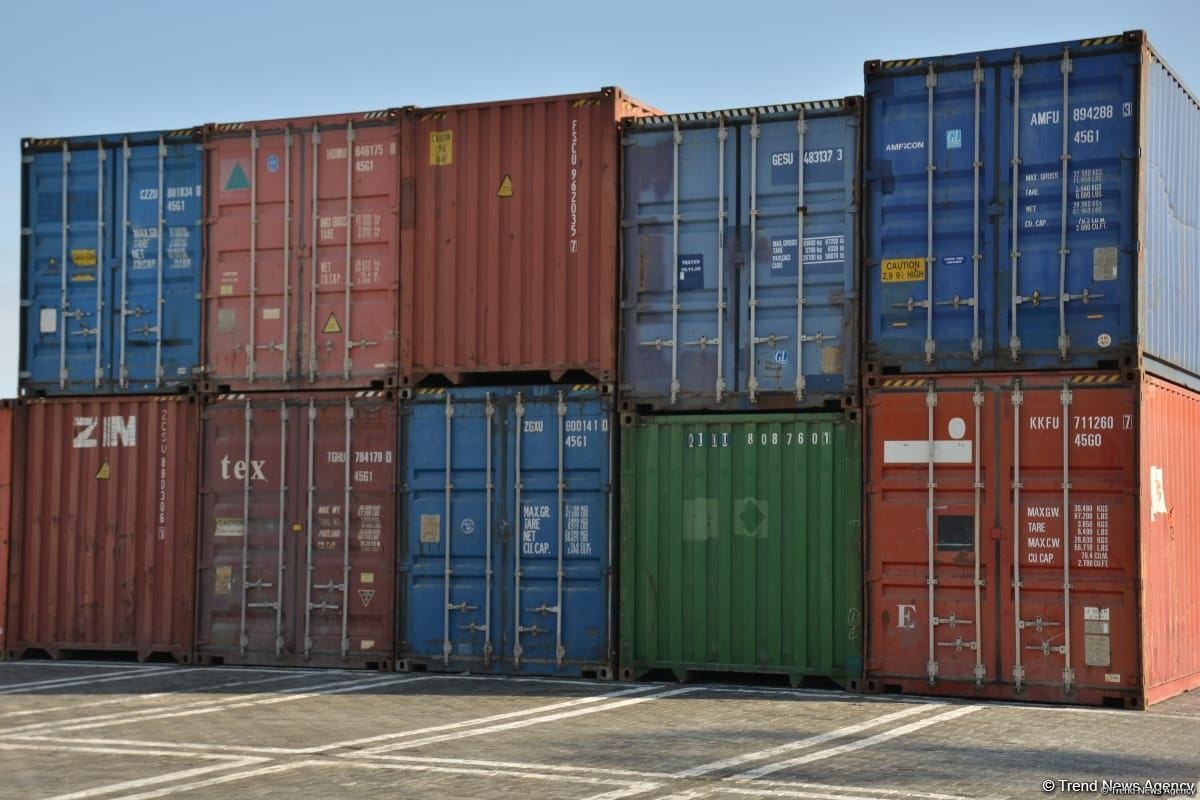Poker Online: The Digital Evolution of the World’s Favorite Card Game

Poker has always carried grit. Long before screens and log-ins, it belonged to smoke-filled back rooms, dim casinos, and kitchen tables where the stakes were as much about pride as they were about money. Cards slapped against wood, coins clinked, and there was an edge in the air. Then the web arrived, and the cards didn’t just shuffle—they scattered into something entirely different.
Now, poker online runs 24 hours a day, linking players from every corner of the globe. What once felt like a side hobby in the late 1990s has turned into a multi‑billion‑dollar industry, pushed along by fast tech, streaming channels, and a generation hungry for competition. It’s all there: the rapid games, the sharp swings, and the chance to turn an evening at home into a win that feels like it came from a Vegas table.
The mobile gaming revolution has expanded beyond traditional card games, with players exploring various gaming options including quick-action games like aviator apk download alongside their poker sessions. This diversification shows how the digital gaming landscape continues to evolve, offering players multiple entertainment choices within the same platforms.
This piece will take you through it layer by layer—what makes poker online its own animal, why Texas Hold’em poker rules so many tables, and how tournaments on the internet reshaped the game in ways the old card rooms could never have imagined.
Understanding Poker Online: Platforms, Players, and Play Styles
At its core, online poker is simple: the same game you would play face to face, only transferred to a virtual table. But the move to the internet added layers of convenience and complexity. Players can jump into a quick game at lunch or grind through hours of practice from home. Thousands of tables run around the clock, offering every limit, style, and pace imaginable.
Platforms built for poker online are more than just websites. They are hubs with built-in features like quick-deal software, anonymous seating, and even real-time stats. Giants like PokerStars, GGPoker, and 888poker transformed poker from a casual card game into a slick digital experience. Innovations like fast-fold poker, where players are instantly moved to a new table after folding, have made the game even faster and more addictive.
The people who sit at these virtual tables are just as varied as the games themselves. Casual players jump in for fun. Professionals play dozens of tables at once, tracking every move. There are retirees in Europe, college students in the US, and new players discovering poker for the first time in Asia. What unites them all is the thrill—the push of chips, even if they’re digital, and the eternal question: will the next card turn the game around?

Texas Hold’em Poker: The King of Online Tables
When most people think of poker online, they are imagining Texas Hold’em—even if they do not know it. This variation became the standard for televised games, online rooms, and the biggest tournaments in history. Its rules are straightforward enough for beginners, but deep enough to keep veterans challenged for life.
Texas Hold’em poker begins with each player receiving two private cards. Five community cards are revealed in stages—flop, turn, and river. The aim is simple: make the best five-card hand, or convince everyone else to fold before the showdown. The blend of open information (the shared cards) and hidden information (the hole cards) creates tension in every hand.
No-limit Texas Hold’em, where players can bet their entire stack at any moment, gave rise to legends and drama. It’s the version played at the World Series of Poker Main Event and countless online poker tournaments.
But Texas Hold’em is not the only game in town.
Key Variants of Poker Played Online
- Texas Hold’em Poker
- Omaha
- Seven Card Stud
- Short Deck Hold’em
Each of these games has its own rules and rhythms, but none have captured the imagination—or dominated online tables—like Texas Hold’em.

Poker Tournaments in the Digital World
If cash games are the heartbeat of poker online, tournaments are its fireworks. These events bring players together for set buy-ins and structured play, often lasting hours or even days. There’s something cinematic about starting with a small stack of chips and dreaming of climbing to the top.
Online poker tournaments come in many forms. Sit & Go games start as soon as the seats are filled. Multi-Table Tournaments (MTTs) can feature thousands of players and massive prize pools. Knockout or bounty events add extra drama by awarding cash for every opponent you eliminate.
Some of the most prestigious poker tournaments now run online or in hybrid formats. The World Championship of Online Poker (WCOOP) and Spring Championship of Online Poker (SCOOP) attract the biggest names and create headlines with million-dollar payouts.
The rise of online tournaments has changed the poker economy. It opened the door for players who never set foot in a casino. With satellites—small qualifying events—someone with a modest budget can earn a seat at a major event. This democratization helped poker explode into a truly global pastime, connecting beginners and professionals in the same virtual arena.
Poker online isn’t just the digital version of an old game. It’s a living, evolving space where Texas Hold’em rules the tables, tournaments create legends, and the game itself keeps reinventing how people play.

Skills, Strategies, and Psychology of Winning Online
Success in poker online does not come from luck alone. It’s built on sharp thinking, consistent discipline, and the ability to adapt in real time. Unlike sitting at a live table, playing online means you can’t see the twitch of an opponent’s hand or hear their voice crack when they bluff. Instead, you have to read betting patterns, timing, and every digital clue you can spot.
A winning mindset is essential. Online poker requires more focus than many realize—hundreds of hands can be dealt in an hour, and mistakes add up quickly. Players who treat every decision seriously, even the small ones, tend to last longer. It’s also important to separate emotions from decisions; tilt—a poker term for playing recklessly out of frustration—can destroy even the most skilled player’s bankroll.
Adapting strategy from live to online play means learning new habits. Online games are faster and feature tougher competition at low stakes. Bluffing changes, too: rather than relying on facial expressions, you’ll read click speed, bet sizing, and unusual plays. The digital world has its own “tells,” and skilled players learn to spot them.
Essential Skills for Successful Online Poker Players
- Bankroll management
- Table selection
- Patience and discipline
- Adapting to digital tools
The best online players build these skills like athletes training for a sport. They study hands, review data, and treat every session as an opportunity to improve.

Money, Safety, and Regulation
Poker online is thrilling, but the financial side needs just as much attention as strategy. Depositing and withdrawing funds should be seamless, but only if you choose the right sites. Established poker rooms support a wide range of payment methods—credit cards, bank transfers, e-wallets, and increasingly, cryptocurrencies.
Safety is non-negotiable. Reputable platforms are licensed by gaming authorities, audited regularly, and use encryption to protect players. If a site hides its licensing details or lacks clear support, that’s a red flag.
Regulation differs widely by region. In the United States, online poker is legal only in certain states, while Europe has some of the strongest frameworks in the world. Asia is a mix of emerging markets, with growth but limited oversight in many areas.
Comparison of Poker Regulations by Region
| Region | Regulation Level | Popular Platforms | Player Protections |
| USA | Mixed (State-based) | WSOP, PokerStars | Licensed operators |
| Europe | Highly regulated | GGPoker, 888poker | Strong safeguards |
| Asia | Emerging markets | Natural8, PokerKing | Limited oversight |
Knowing the legal landscape protects not just your bankroll but your personal information. Choosing the right site means more than a better game—it means peace of mind.
Technology Behind Poker Online
Every hand you play on an online table is powered by technology working quietly in the background. At the heart of fair play are Random Number Generators (RNGs), the software that shuffles cards with absolute unpredictability. Without them, trust in poker online would crumble.
Mobile apps brought another wave of change. Today, most major poker sites have dedicated apps that let players join tables anywhere. Many feature smooth interfaces, one-touch betting, and live dealer options, where human croupiers stream games in real time to your screen.
The future of poker online is already taking shape. Virtual reality poker rooms promise fully immersive environments where players can “sit” at a digital table, look around, and interact almost as if they were face to face. Artificial intelligence will continue to influence the game—not just for bots, but as a tool for study and coaching.

The Cultural and Economic Impact of Poker Online
Poker online is more than a pastime; it’s a cultural shift. The growth of global poker communities has erased borders, uniting players from distant countries at the same digital tables. It’s common to see a table with someone from Brazil, another from Sweden, and another from Japan, all sharing the same hand of Texas Hold’em poker.
Streaming changed poker’s image too. Platforms like Twitch and YouTube turned top players into entertainers, drawing thousands of viewers to watch hands play out live. Influencers now teach strategy, share wins and losses, and make the game accessible for new audiences.
Economically, poker tournaments have a footprint that rivals traditional sports events. Major online series generate prize pools in the millions and support a whole industry of coaches, analysts, and content creators.
“Poker online is not just a game; it’s a blend of skill, psychology, and digital innovation that reshaped how the world plays cards.” – Leading iGaming Analyst
Conclusion: The Ever-Growing Universe of Online Poker
Poker online has transformed a centuries-old card game into a modern global pastime. From the dominance of Texas Hold’em poker to the rise of massive online poker tournaments, the game’s digital journey is still far from over. Technology will continue to reshape how it’s played, from virtual reality rooms to AI-driven training.
The appeal remains simple yet powerful: the thrill of the unknown, the joy of a perfect bluff, the challenge of strategy meeting chance. Whether you’re a casual player or chasing tournament glory, poker online offers a seat at the table—and the game keeps dealing new cards.
FAQ
What is the safest way to start playing poker online?
Begin on licensed, well-known platforms, start with low-stakes games, and learn the basics before risking serious money.
Why is Texas Hold’em poker the most popular version?
Its balance of simple rules and deep strategy made it the centerpiece of online poker and televised tournaments.
Can beginners join online poker tournaments?
Yes. Many tournaments offer low entry fees, and satellites allow beginners to qualify for major events.
How do regulations affect where you can play poker online?
They dictate which sites operate legally in each region and what protections players receive.
What’s the difference between live and online poker strategy?
Online play is faster, with more hands per hour, and requires reading digital cues instead of physical tells.
The post Poker Online: The Digital Evolution of the World’s Favorite Card Game appeared first on Ten Sports TV.
















































